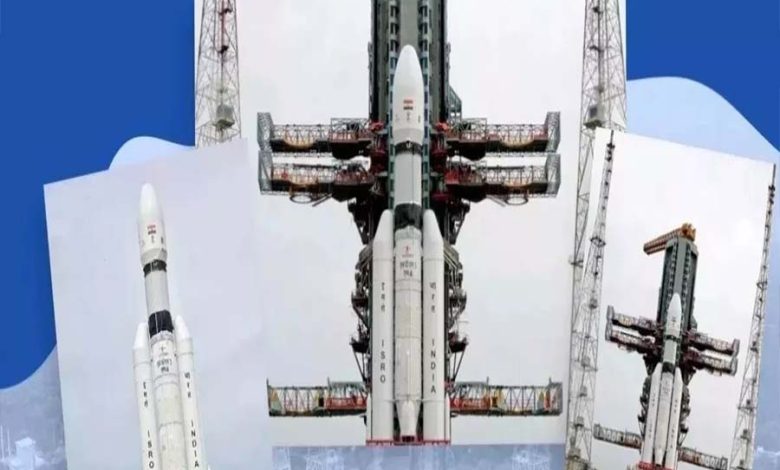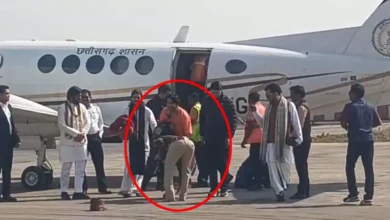Convincing decision makers of missions a major challenge: ISRO chief

Panaji: Stating that the value of work done in the science domain is often not understood by decision makers, Indian Space Research Organisation (ISRO) Chairman Dr S Somanath on Monday said that hence, justifying the need for new missions becomes a major challenge.
“Starting from conceiving a spacecraft, building the instruments, planning a mission to do that and then interact with the science domain experts to extract what you are going to actually measure out of it to make some sense out of the whole thing. And finally spend huge amount of money of the public exchequer to put it in the right place. And after doing all of that, you need to bring out the outcome, output which is satisfactory for the worth of money that you have invested, for the effort that you have put in. I think all this becomes a point of discussion and a point of debate many a time, and a person like me faces the public,” said Dr Somanath.
He was speaking at the inaugural ceremony of the 22nd National Space Science Symposium (NSSS) 2024, held at the Dr Shyama Prasad Mukherjee Indoor Stadium on Taleigao Plateau. The event is being organised by Goa University in collaboration with ISRO from February 26 to March 1.
Dr Somanath said it was important for a forum like the NSSS to understand the elements of each of the roles that one needs to play and then make a good narrative for ISRO to grow in the sector.
“The work that we did in the recent past like the missions Chandrayaan-1 and Chandrayaan-2 has really produced significant results. We have been following the tradition of science explorations ever since we started the space programme.
After the first satellite, we moved away and got into operational services, missions like communications remote sensing, navigation etc, and that domain continues,” said Dr Somanath.
“I think this has to continue because that is the tangible outcome that you can showcase to the decision makers, the government, the public for justifying the expenditure in this sector. But many a time, the value of work that you do in the science domain is not really understood by people who make those decisions. And this becomes a big challenge for us to justify the need for a new mission. Justifying the need for developing a new instrument, justifying the need for putting in place new infrastructure for science many a time becomes a debatable question,” he said.
“For a nation aspiring to become a technological powerhouse, may be today, tomorrow or the day after, it is important that we have a large pool of talent that will be able to excel in each of the domains. Today we know space domain is said to be the one where India has the potential to be a leader and it cannot come by growing in only one direction. I think we need to have a collective movement to achieve what we want to do. The first and foremost thing is to have large amount of work being undertaken with a large pool of talent across the country in different institutions,” he said.
Stating that it is not only ISRO that has to contribute, Dr Somanath said the scientific and academic institutions present in the country and the researchers working in their domains should also play their part. He said the work has to be undertaken in a continuous and systematic manner if the nation has to grow in the space sector.





